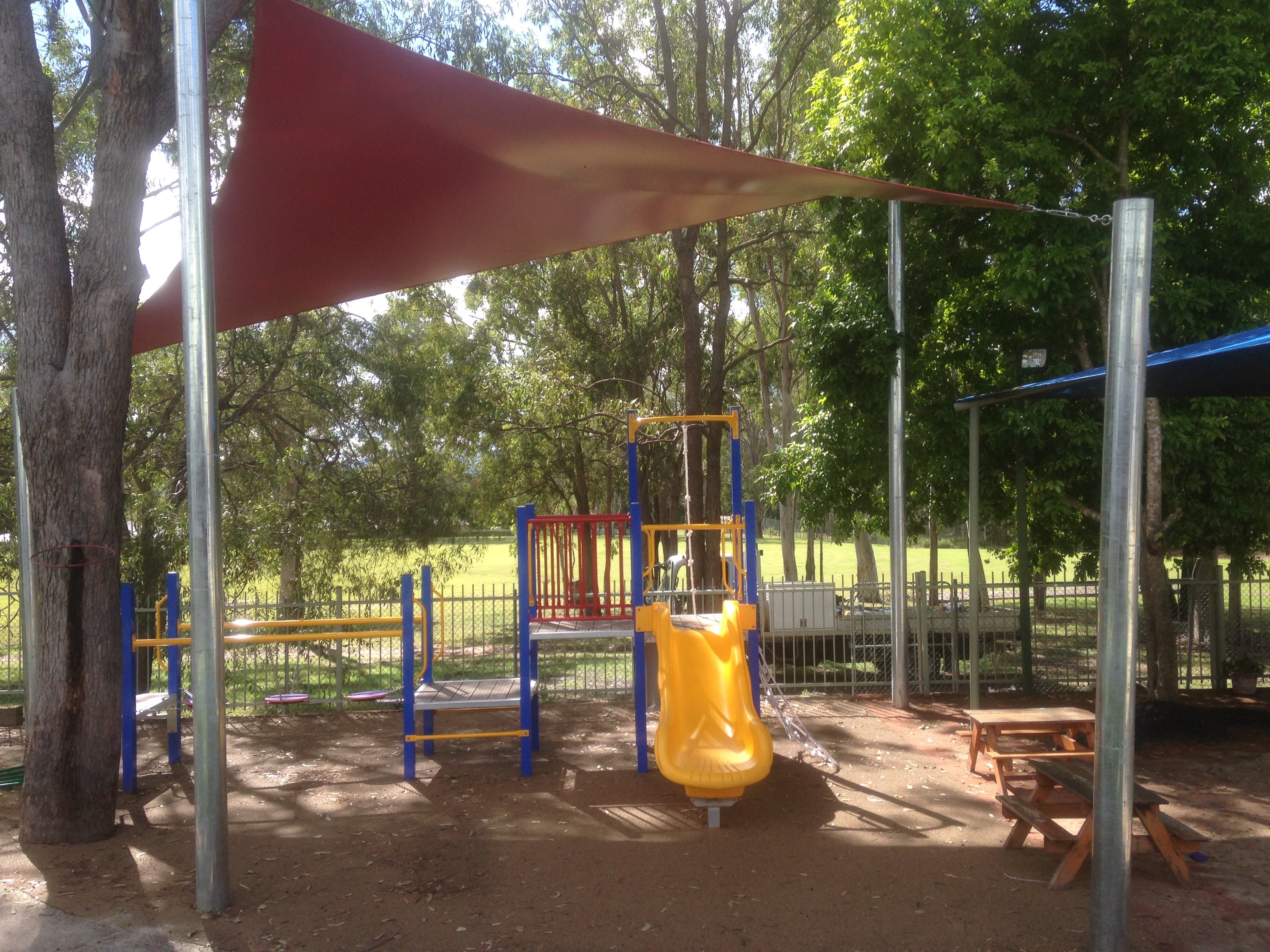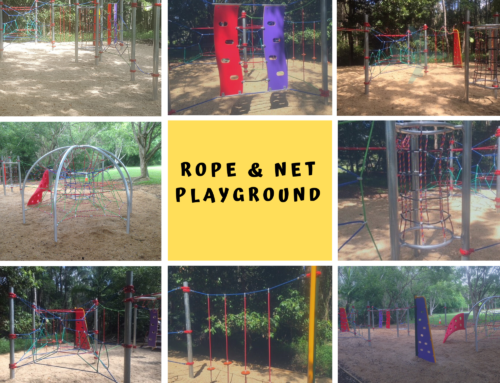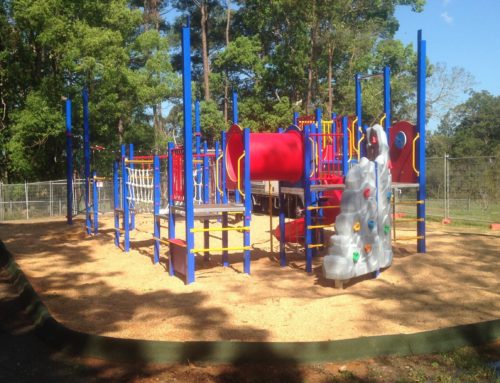It is becoming more common today that we minimise risk in the playground. The fear of accidents and hospitalisation leads us to want to protect our children more than ever. However, by overprotecting our children they are missing out on key life skills learnt through free play. When children learn from mistakes, problem solves through challenges, face failure and overcome risk through trial and error, they are establishing a way to solve future life challenges. All these things help them develop into happy, healthy and sociable adults.
Trends in schools are leading to reductions in play space and restrictive policing of children’s free play including the elimination of running, cartwheels, ball games and kicking. Equipment is also being changed to so-called safer options, things like monkey bars are being removed due to the risk of falls. Too much restriction on play behaviours can cause young people to have reduced confidence during physical activities and has a detrimental effect on children’s cognitive and social development.
When there is minimal risk in the playground children are learning a range of life skills that will help them to overcome obstacles later in life. Unstructured free play is important to allow children to improve their social skills, perform better at school and increase their physical activity levels. Strategies such as introducing moveable items, eliminating restrictive rules and encouraging unstructured open-ended free play can result in an increase in skill development. For more information on building a free play playground contact us today.







We love your blog it’s very informative, it gives inspiration to shade sail installers like us.